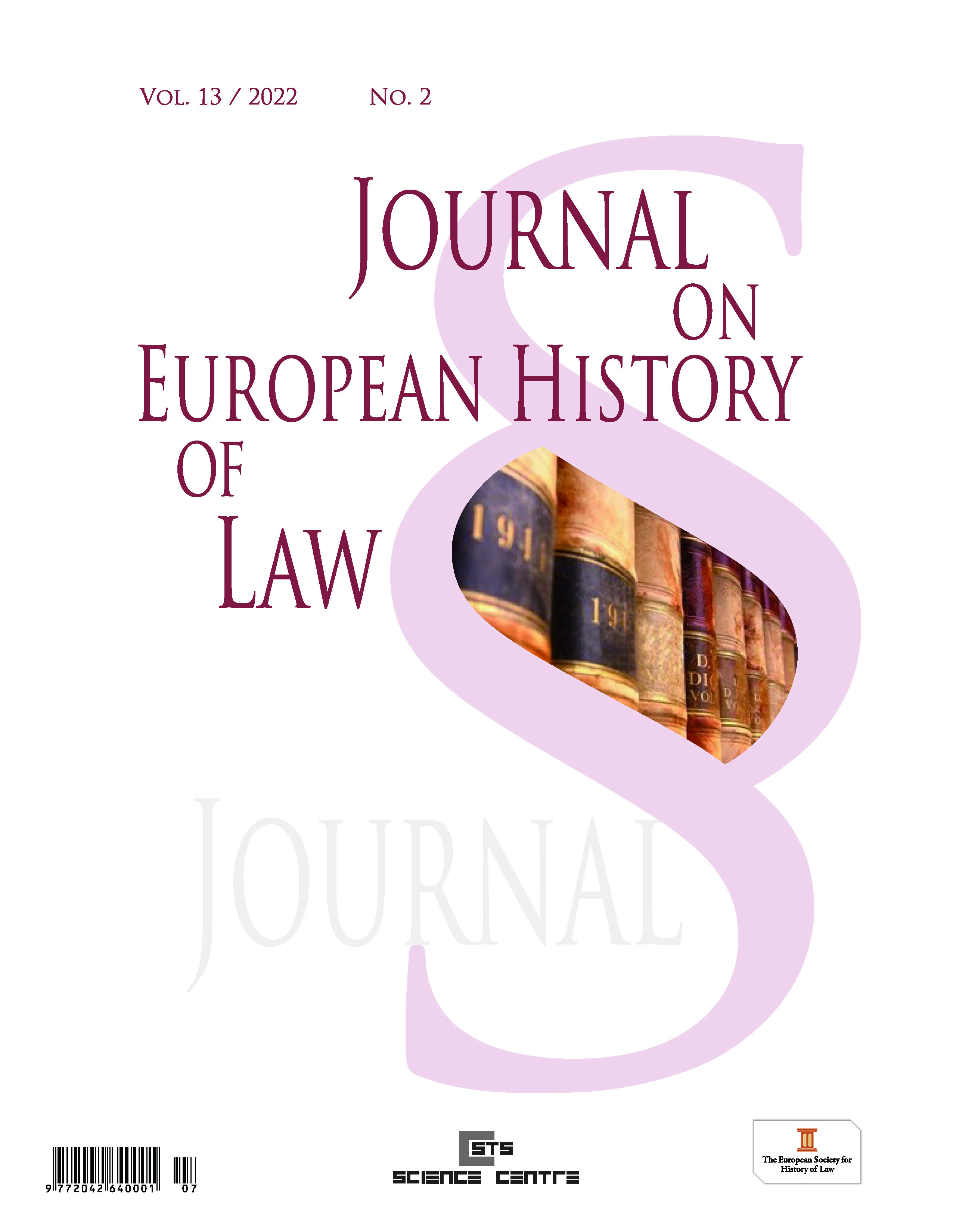The Emergence of the Idea of Religious Freedom in Ancient Rome
The Emergence of the Idea of Religious Freedom in Ancient Rome
Author(s): Pál SárySubject(s): History, Law, Constitution, Jurisprudence
Published by: STS Science Centre Ltd
Keywords: Roman Law; State Religion; Religious Coercion; Persecution of Christians; Apologists; Tertullian; Lactantius; Natural Law; Religious Freedom; Edict of Milan.
Summary/Abstract: It is well known that the so-called Edict of Milan, issued in 313, was a landmark in the religious history of mankind, because it declared for the first time the doctrine that freedom of religion belongs as of right to everyone. The present paper seeks to investigate the intellectual background of this famous edict. The emergence of the idea of religious freedom is linked to the persecution of Christians in the Roman Empire. This idea first appeared in the works of Christian apologists. It was Tertullian who firts emphasized that the free choice of religion is a natural right of every human being. This idea was previously unknown in the pagan world. Tertullian was a pioneering thinker because he was the first to be able to combine biblical theology with the natural law teachings of Stoic philosophy of law. Of the later apologists, Lactantius dealt with the idea of religious freedom in the most detail. Lactantius had a great influence on Constantine, who, together with Licinius, decided to issue the so-called Edict of Milan. The edict guaranteed everyone the right to choose their religion freely, but did not declare this right a natural right that the state could not restrict.
Journal: Journal on European History of Law
- Issue Year: 13/2022
- Issue No: 2
- Page Range: 107-113
- Page Count: 7
- Language: English
- Content File-PDF

